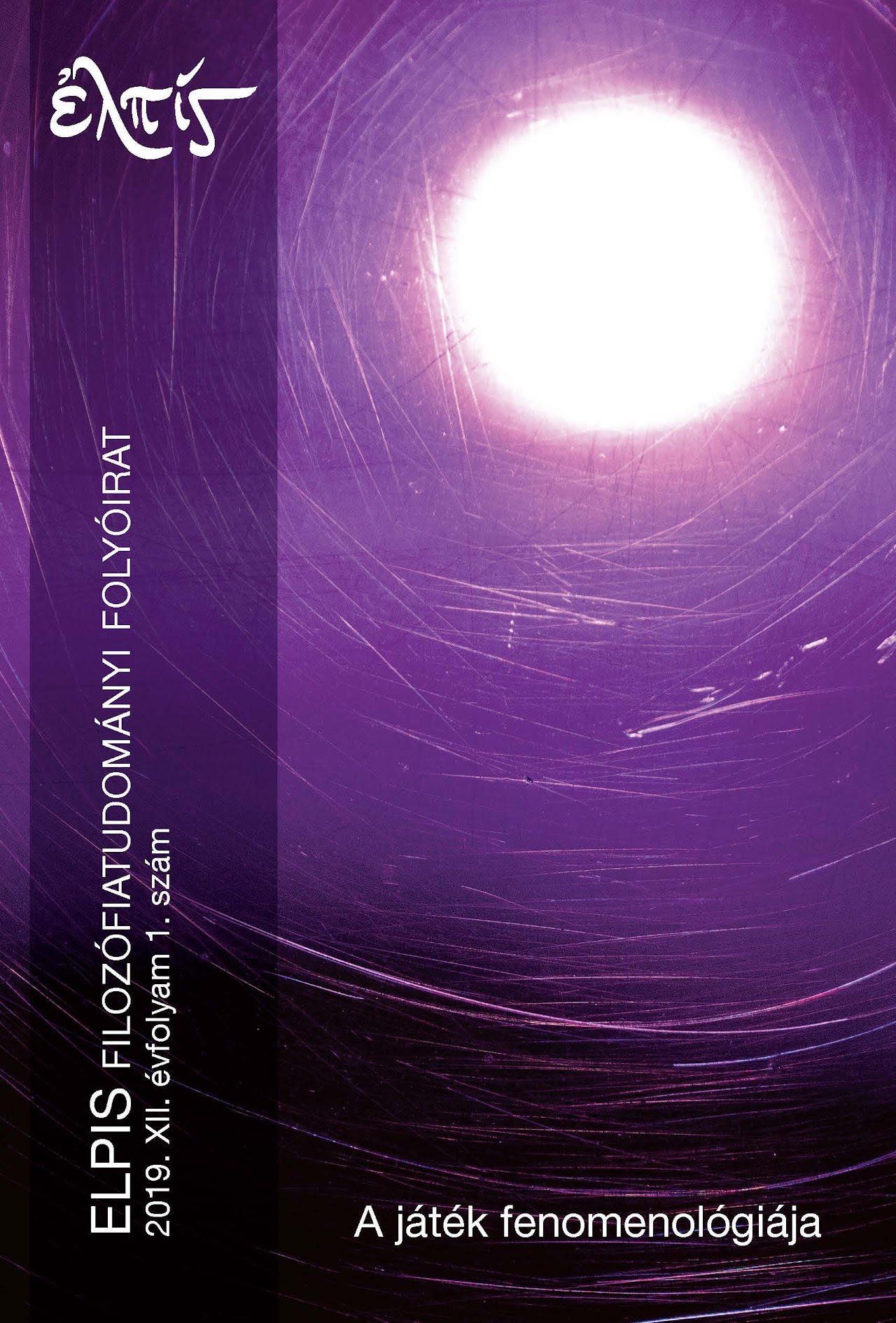The Concept of Play and its Role in the Epistemology of Edmund Husserl
DOI:
https://doi.org/10.54310/Elpis.2019.1.2Keywords:
Husserl, Phenomenology, PlayAbstract
One of the focal points of phenomenological philosophy is the attempt to understand the very activity of “playing”. It may surprise us, however, how neglected this topic is in discussions about Husserl’s philosophy. This paper not only aims at identifying some texts where Husserl speaks about human play, but goes further, and looks for it’s systematic place in Husserlian thinking. Phenomenology often speaks about playing in terms of “taking something seriously” or, somewhat differently, in terms of “freeing ourselves from the severity of a situation”. Even though these seem to describe two opposite attitudes: ontification and neutralization in phenomenological termini, Husserl considers them rather as complementary elements. To better understand its systematic role, I distinguish between play in the context of image consciousness, of phenomenological reduction, of free imaginative variation, and finally, play in the context of the origin of human sciences. These investigations reveal play as a crucial element of Husserlian thinking, so much so that playing can be understood as a constitutive part of human existence.




